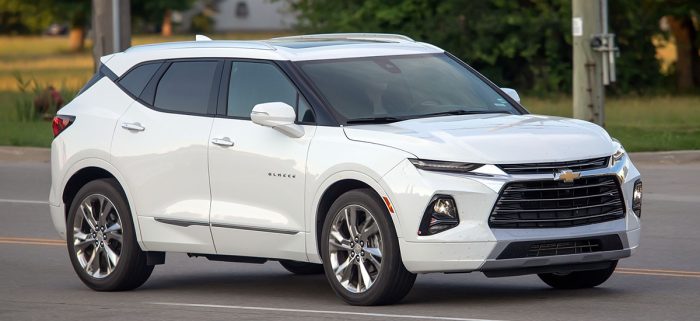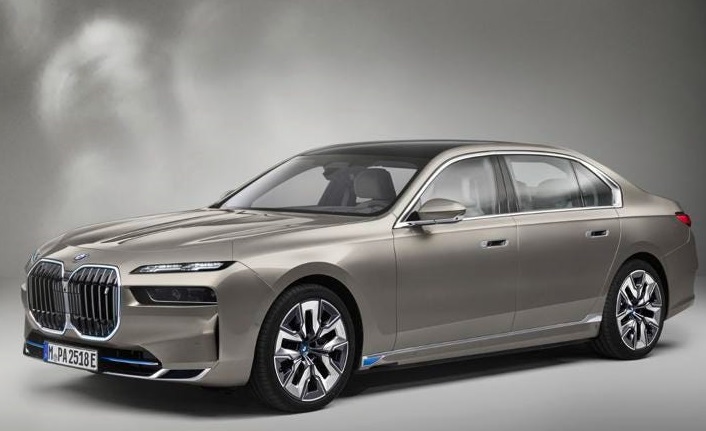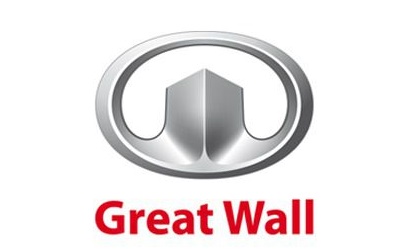Now Reading: Nissan to reveal a variable compression engine in LA auto show
-
01
Nissan to reveal a variable compression engine in LA auto show
Nissan to reveal a variable compression engine in LA auto show
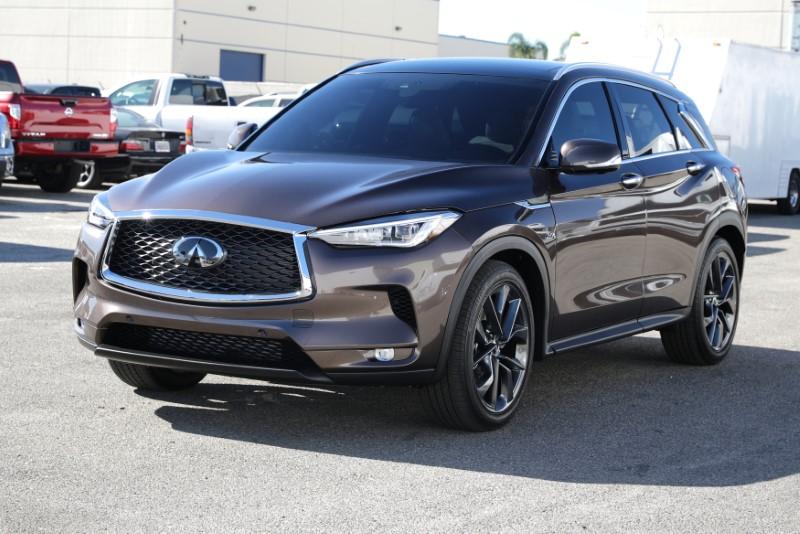
Nissan Motor will use the Los Angeles auto show next week to send out a message about gasoline-fueled engines: They’re not dead yet.
Shinichi Kiga, head of Nissan’s gasoline engine task group, informed Reuters the automaker is resolved to keep enhancing internal combustion innovation to prolong its effectiveness for decades to come. A new Infiniti QX50 sport utility vehicle to be revealed at a media event in Los Angeles on November 28 will highlight one technology Kiga prepares to use.
The QX50 will be the market’s first use of a variable compression ratio system. The engine has a optimal thermal efficiency of around 40 percent, as much as twice the level of present gasoline engines in the industry, which average around 20 to 30 percent. Thermal efficiency describes the power an engine creates from a system of fuel.
The Nissan/Infiniti VC Turbo highlights a challenge for policy makers excited to see the end of the internal combustion engine’s dominance of transportation. While battery expenses for electric vehicles are coming down, enhancements in internal combustion engine performance could push the minute when electric vehicles accomplish cost parity without government aids further into the future.
Advancing the internal combustion engine technology is “one of the most overlooked patterns in the industry,” stated James Chao, Asia-Pacific chief of consultancy IHS Markit Automotive. “These advances beg the question. Are EVs the best solution to the concern of vehicle greenhouse emissions?”
The new-fashioned engine, dubbed VC-Turbo for marketing purposes, utilizes brand-new electronic devices and software application to continuously pick an optimal compression ratio for combustion– previously a key factor in the trade-off in between power and performance in a gasoline-fueled engine.
The turbo-charged, 2-liter, four-cylinder VC-Turbo engine averages 30 to 35 percent much better fuel economy than the much bigger 3.5-liter V6 engine it replaces, with similar power and torque. Nissan states the new engine matches a diesel motor in torque– the quantity of thrust that helps determine the automobile’s acceleration. It is a level of performance and effectiveness the traditional gasoline engine has until now struggled to accomplish.
Kiga stated the VC Turbo system costs thousands dollars less than a similar gasoline-electric hybrid vehicle, although a VC Turbo hybrid could be in the offing.
Kiga stated his ultimate objective is to develop engines for Infiniti and Nissan vehicles that accomplish a thermal effectiveness of 50 percent.
In a race to make gas engines more effective, Toyota has developed a 2.4-liter, four-cylinder engine– the one that is geared up in the latest Camry automobile– which the company declares has a maximum thermal effectiveness of 40 percent. That’s an industry-leading level Toyota states it has attained without depending on innovations such as variable compression however through incrementally enhancing existing technologies.
Forecasts for the use of internal combustion engines during the next 10 to 15 years differ extensively, but few industry authorities or specialists are anticipating the end of the technology by 2030, as some government regulators have suggested. Boston Consulting Group, for instance, forecast the share of fully electric vehicles at 14 percent by 2030.
Consulting agency IHS Markit forecasts that by 2025 setup of gasoline engines will boost to about 73 percent of light vehicles. Diesel’s share is anticipated to drop to about 17 percent.
Stay Informed With the Latest & Most Important News
Previous Post
Next Post
-
 01The Financial Benefits of Corporate Fuel Cards for Fleet Management
01The Financial Benefits of Corporate Fuel Cards for Fleet Management -
 022026 Toyota Hilux EV: A Powerful Truck with Silent Torque
022026 Toyota Hilux EV: A Powerful Truck with Silent Torque -
![2027 Mercedes-Benz S-Class Debuts with V8 Engine [Photo Gallery]](https://speedlux.com/wp-content/uploads/2026/01/2027-Mercedes-Benz-S-Class-33-155x125.jpg) 032027 Mercedes-Benz S-Class Debuts with V8 Engine [Photo Gallery]
032027 Mercedes-Benz S-Class Debuts with V8 Engine [Photo Gallery] -
 04Performance Toyota Hilux Clutch Kits: Are They Worth the Investment?
04Performance Toyota Hilux Clutch Kits: Are They Worth the Investment? -
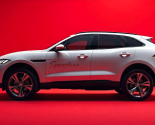 05What Are the Most Reliable Jaguar F‑Pace Parts to Maintain SUV Safety and Comfort?
05What Are the Most Reliable Jaguar F‑Pace Parts to Maintain SUV Safety and Comfort? -
 06What Is the Cheapest Ford Truck? A Guide to Affordable Ford Pickup Options
06What Is the Cheapest Ford Truck? A Guide to Affordable Ford Pickup Options -
 07The Future of Exhaust Headers: Advancements in Materials and Technology
07The Future of Exhaust Headers: Advancements in Materials and Technology

![2027 Mercedes-Benz S-Class Debuts with V8 Engine [Photo Gallery]](https://speedlux.com/wp-content/uploads/2026/01/2027-Mercedes-Benz-S-Class-33-700x394.jpg)










